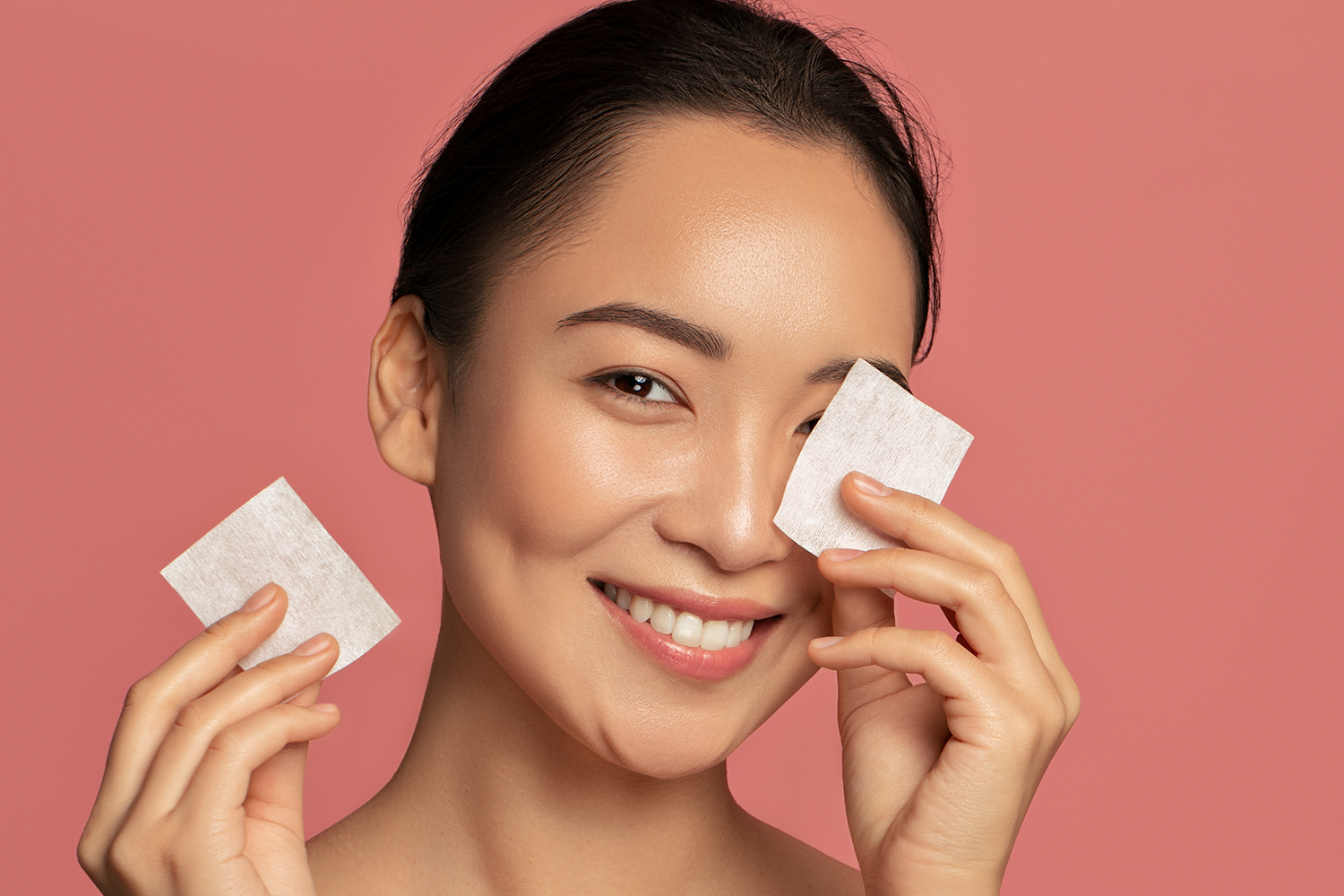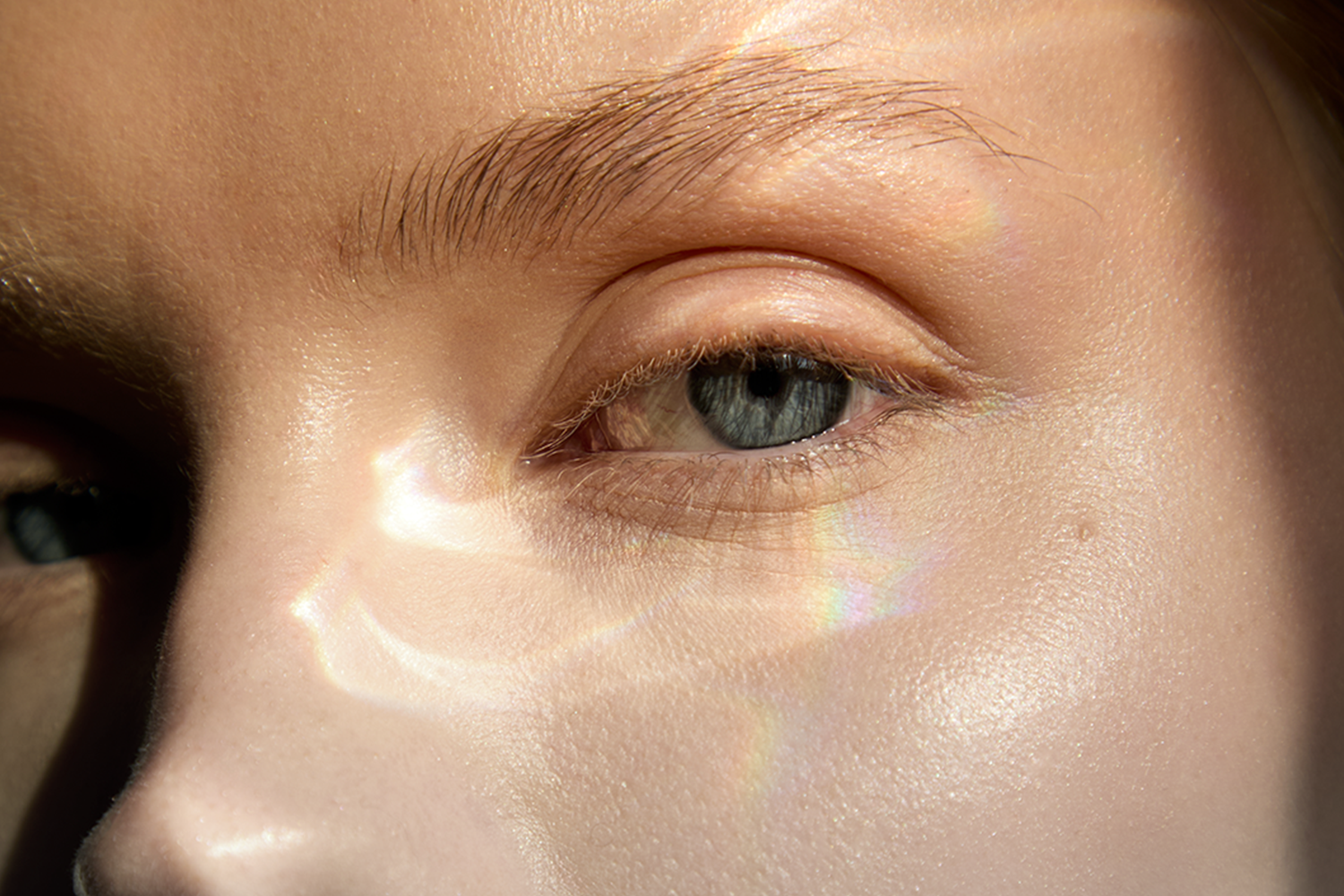Your skincare routine might be filled with the best products money can buy, but if you’re making some common mistakes, all that effort could be working against you. The truth is, many people unknowingly engage in habits that lead to premature aging, breakouts, irritation, or an imbalanced skin barrier.
So how do you know if your daily routine is actually helping or hurting your skin? Let’s break down the most common skincare mistakes, why they happen, and how to correct them with science-backed solutions.
1. Using Products That Aren’t Right for Your Skin Type
One of the biggest mistakes people make is using the wrong skincare products. Not all skin types are the same, and what works for one person might not work for another.
For example, if you have oily skin and use a heavy, oil-based moisturizer, you might clog your pores and cause breakouts. On the other hand, if you have dry skin and rely on a light gel-based moisturizer, your skin might not get the hydration it needs, leading to flakiness and irritation.
How to fix it:
- Determine your skin type: oily, dry, combination, sensitive, or normal.
- Use products specifically formulated for your skin’s needs.
- When in doubt, consult a dermatologist for personalized recommendations.
If you want to know your skin type, you can check this article out.
2. Washing Your Face Too Much or Too Little
Cleansing is an essential step in skincare, but overdoing it or skipping it can lead to skin issues. Over-washing can strip your skin of natural oils, leading to dryness and irritation. It can also cause your skin to produce excess oil to compensate, which may result in breakouts. Under-washing allows dirt, oil, and environmental pollutants to build up, clogging pores and causing breakouts.
So how many times should you wash your face? To know more, you can visit this guide by Cleveland Clinic . Finding a cleansing balance is key to healthy skin!
3. Not Changing Pillowcases Often Enough
Did you know that your pillowcase can collect dirt, oil, and bacteria? Every night, your skin sheds dead skin cells, and if you’re not washing your pillowcase frequently, it can become a breeding ground for acne-causing bacteria.
How to fix it:
- Wash your pillowcase at least once a week.
- If you have acne-prone skin, switch to a silk or satin pillowcase, which absorbs less oil and reduces friction.
Dermatologists recommend pillowcase hygiene as an important factor in acne prevention. Read more here.
4. Self-Treating Skin Conditions Without Professional Advice
Many people try to treat skin conditions like acne, eczema, or rosacea on their own with over-the-counter products, but using the wrong treatments can make the issue worse.
For example, using strong exfoliants on inflamed acne can lead to further irritation and scarring. Overusing steroid creams for eczema can thin the skin over time, making it more vulnerable to damage.
How to fix it:
- If you have a persistent skin condition, see a dermatologist for a proper diagnosis and treatment plan.
- Avoid harsh DIY treatments or excessive product layering that can disrupt your skin barrier.
Learn more about when to see a dermatologist for skin issues.
5. Using Expired or Low-Quality Products
Skincare products don’t last forever, and expired products lose their effectiveness. Worse, they can harbor bacteria that cause irritation and breakouts.
How to fix it:
- Check expiration dates on skincare products. Most products have a small symbol indicating how many months they are safe to use after opening.
- Store products in a cool, dry place to maintain their potency.
6. Forgetting to Remove Eye Makeup
Sleeping with makeup on (especially around the eyes) is a bad habit that can lead to clogged pores, irritation, and even premature wrinkles. The skin around your eyes is thinner and more delicate than the rest of your face, making it more prone to damage.
How to fix it:
- Use a gentle, oil-based makeup remover or micellar water to break down stubborn eye makeup.
- Avoid rubbing too hard—this can cause fine lines over time.
7. Using the Wrong Cleanser for Your Skin Type
Not all cleansers are created equal. A cleanser that is too harsh can strip your skin barrier, while one that is too mild might not remove impurities effectively.
How to fix it:
- Choose a hydrating cleanser if you have dry or sensitive skin.
- Opt for a foaming or gel-based cleanser if you have oily skin.
- Look for fragrance-free, pH-balanced cleansers to avoid irritation.
8. Rubbing Your Face Dry with a Harsh Towel
It might seem harmless, but rubbing your face with a rough towel can cause microtears in the skin, leading to irritation and redness.
How to fix it:
- Use a soft microfiber towel and gently pat your face dry instead of rubbing.
- Let your skin air dry slightly before applying serums and moisturizers to lock in hydration.
This article explains why it is very important to protect the skin barrier.
The Future of Skincare: Exosomes
With so many skincare mistakes linked to irritation, barrier damage, and inflammation, the industry is shifting toward regenerative solutions. Exosomes—tiny cellular messengers—are gaining attention for their ability to stimulate healing and enhance skin communication at a cellular level.
Unlike traditional skincare, which treats surface symptoms, exosomes activate natural repair processes deep within the skin. This makes them an exciting new frontier in regenerative skincare.
To explore the science behind exosomes in skincare, you can check this video out!
By correcting common skincare mistakes and embracing science-backed innovations like exosomes, you can truly transform your skin—from the inside out.
The Path to Healthier Skin: Correcting Mistakes
Avoiding these common skincare mistakes can make a world of difference in achieving healthy, radiant skin. From using the right products for your skin type to maintaining proper hygiene and seeking professional guidance when needed, small adjustments can have a big impact. As skincare evolves, innovations like exosomes are paving the way for deeper, more effective regeneration, addressing concerns at the cellular level rather than just the surface. By combining good skincare habits with science-backed advancements, you can build a routine that not only corrects mistakes but also enhances your skin’s long-term health and resilience.





